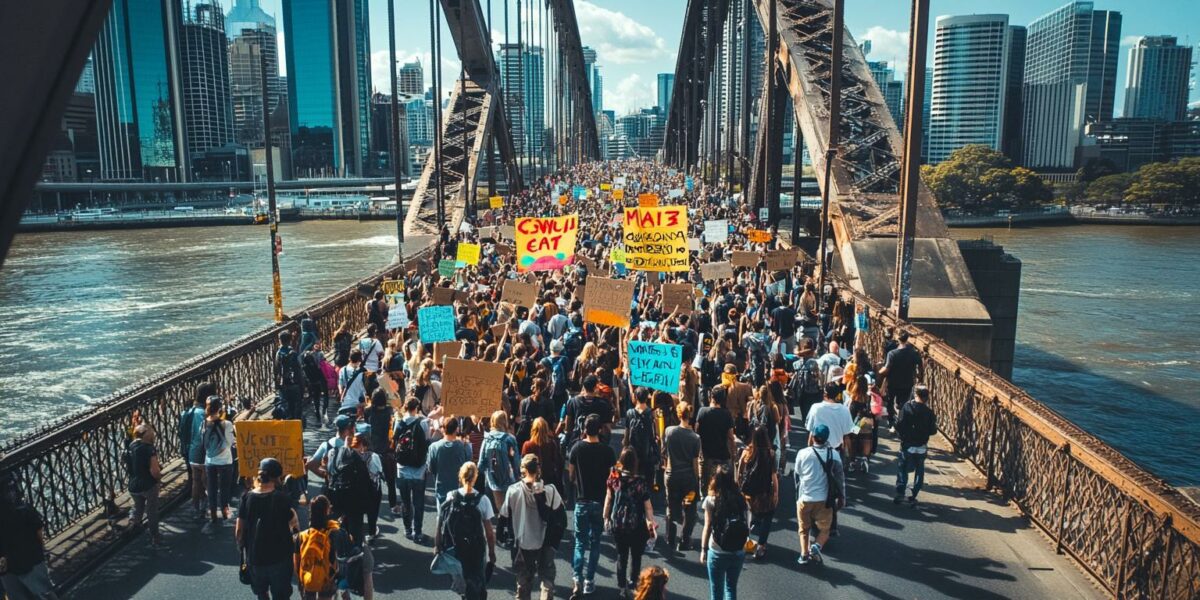New York’s Climate Week: A Financial Revolution
The struggle to protect Earth hinges on securing funds for renewable energy. Climate Week NYC and the United Nations General Assembly are focusing on raising trillions to aid poorer nations in transitioning from fossil fuels to wind and solar power. Financial assistance is also crucial to address damages caused by global warming.
This week’s events mark the start of a two-month marathon across three continents, where high-stakes meetings could be humanity’s “last chance” to prevent surpassing global warming limits. After New York, Baku will host the U.N.’s 29th climate negotiation conference, followed by a gathering of the world’s largest economies in Rio de Janeiro.
Climate negotiations expert Alden Meyer from E3G stressed the urgency, saying, “The next eight or nine months will determine the success of the 2015 Paris climate agreement.” Nations must present ambitious new emission reduction targets, or it might be too late.
Yalchin Rafiyev, a key negotiator for the upcoming Baku conference, emphasized the significance of this week in New York. He highlighted that having heads of state present allows for quick decisions on financial matters, which can expedite negotiations.
The Financial Challenge: From Pledges to Reality
Developing nations, home to over 80% of the global population, argue they need financial support to reduce their reliance on fossil fuels. Without it, they can’t afford the transition. Historical data shows that most carbon emissions originated from industrialized countries, which now have the means to switch to renewable energy.
This is the week for the global majority to demand climate financial aid. Mohamed Adow from PowerShift Africa noted that this call will resonate not only at the U.N. but also during Climate Week and in private meetings between national leaders.
In 2009, rich countries pledged $100 billion annually for climate aid but only met this goal in 2022. Now, the focus is on setting a new financial target. However, there’s a significant divide between rich and poor nations on the amount and type of financing required.
Rich countries have repeatedly delayed their commitments. Adow pointed out, “They can’t kick the can any further.” The dilemma resembles a chicken-and-egg problem: wealthy nations want to see green initiatives before providing funds, while poorer countries need money to start these projects.
Financing the Future: Calls for Increased Climate Investment
Experts agree that $100 billion per year is insufficient. U.N. climate chief Simon Stiell estimated that the annual need is around $2.4 trillion. Adow argued that the amount should be based on actual needs, not political negotiations.
Dasgupta highlighted the affordability, noting that $2 trillion is less than 2% of global GDP. “People argue ‘Oh my God, we don’t have $2 trillion,’ but we spend more on fossil fuel subsidies,” he said.
Climate Week also sees significant participation from companies and financial networks. These entities must enhance their green credentials and contribute to the financial pool. Nations alone cannot provide more than $1 trillion in direct funding.
Dasgupta stressed the importance of collaboration, saying, “We need finance ministers and private capital leaders to work together. It’s not just an environmental issue; it’s about getting the finance right for the transition.”
Global Collaboration: Paving the Way for Climate Solutions
The success of future climate negotiations, particularly the pivotal 2025 meetings, hinges on the financial strategies discussed in Baku this fall. World Wildlife Fund’s Fernanda Carvalho emphasized that resolving financial issues is crucial for achieving substantial carbon reduction efforts.
Addressing the price tag is essential. Rich nations must honor their previous commitments and set new ambitious targets. The current financial gap must be bridged to ensure the success of global climate initiatives.
The role of businesses and financial institutions is critical. Their involvement can significantly enhance funding for climate solutions. Collaborative efforts between public and private sectors are necessary to meet the urgent financial requirements.
Ultimately, the financial discussions held during Climate Week and subsequent meetings will shape the future of our planet. Effective and timely financial commitments are vital to mitigate the impacts of climate change and ensure a sustainable future for all.



avery
Rich countries have delayed too long. We need to hold them accountable now!
Harper
LOL, are they also going to fix the subway system with these funds? 😂
Olive
How will this affect taxes? I hope it doesn’t hit the middle class too hard.
hudson1
It’s great to see such ambitious goals, but will they actually follow through this time? 🤔
gizmo1
Wow, $2.4 trillion per year?! That’s insane. Are we even capable of generating that much money?
CarterMoonlight
Is this plan just for NYC or will it have a global impact? I’m curious.
Sasha_Tranquility
Finally! It’s about time they took some serious action. Thank you, NYC! 🌍
Cameron
How exactly are they planning to raise the trillions needed? This seems like a monumental task!